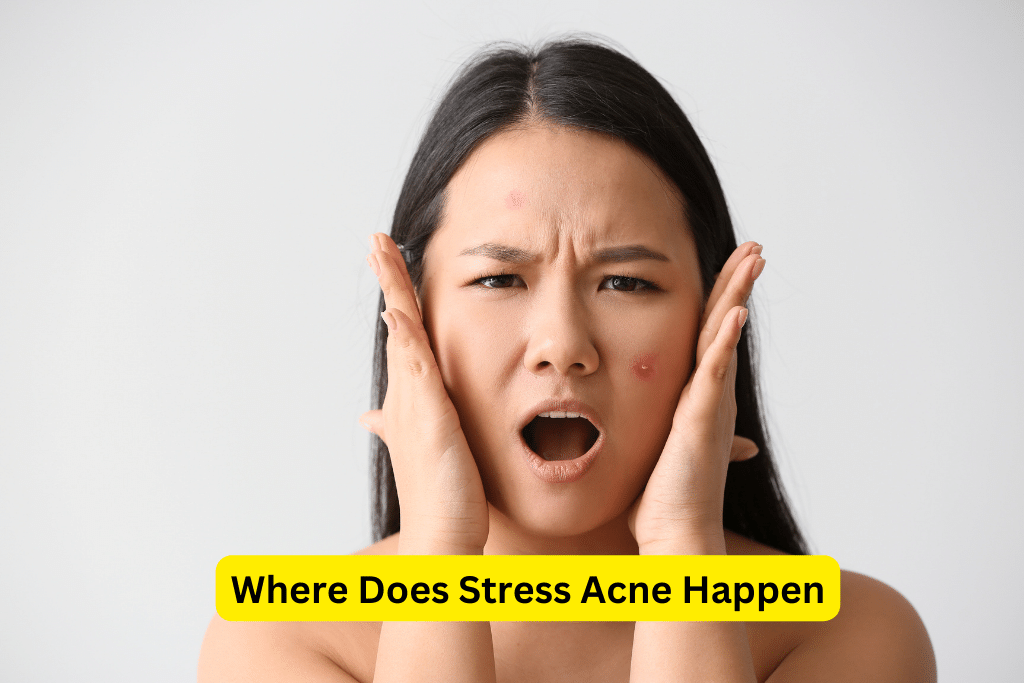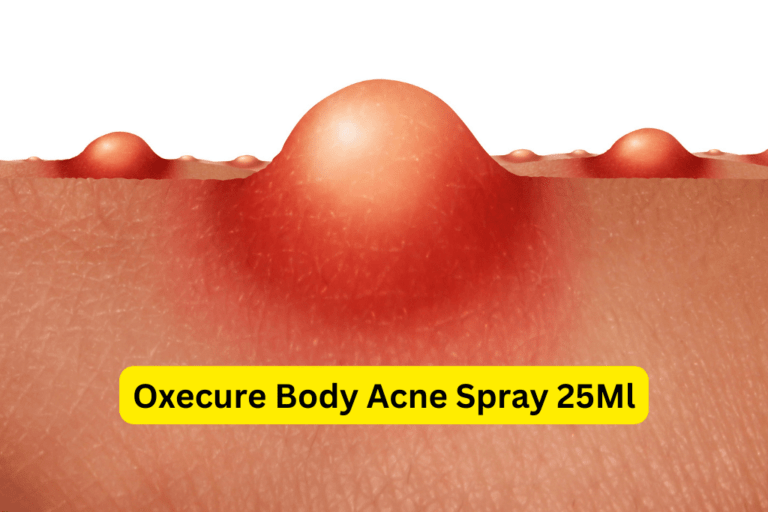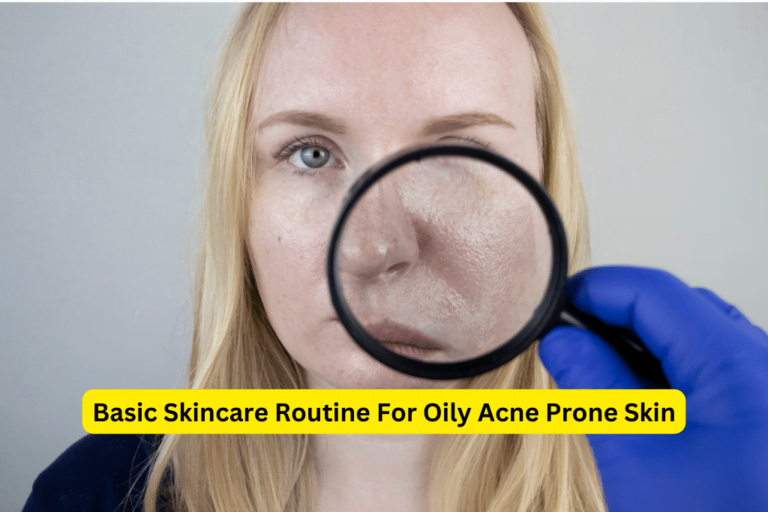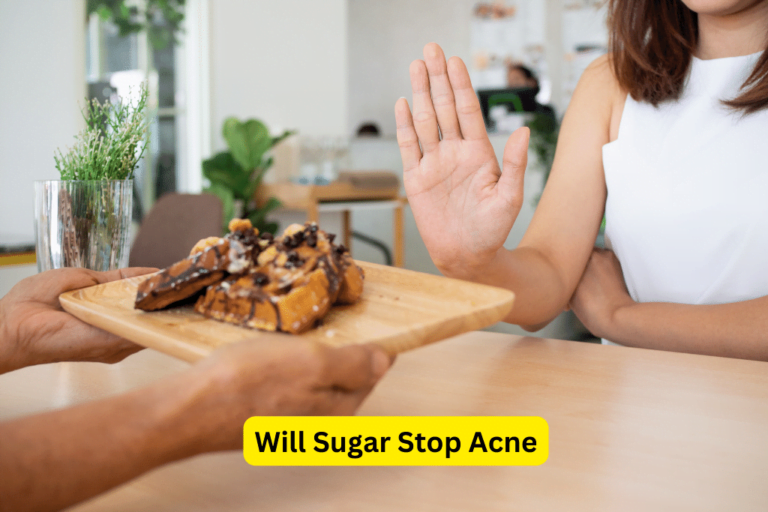Defeat Stress Acne: Insider Solutions
Where Does Stress Acne Happen
Stress acne, a common skin condition, occurs when stress triggers hormonal imbalances and excessive sebum production, leading to breakouts. Understanding where stress acne happens is crucial for effectively treating and preventing it. In this article, we will explore the causes and treatment options for stress acne, as well as provide important tips for managing and preventing it.
Understanding Acne
A. What is Acne?
Acne is a skin condition characterized by the occurrence of pimples, blackheads, whiteheads, and cysts. It commonly affects teenagers and young adults, but can also occur in people of all ages.
B. Causes of Acne
The development of acne is a result of various factors:
- Hormonal imbalances: Fluctuations in hormone levels, especially during puberty, can trigger acne.
- Excessive sebum production: Overactive sebaceous glands produce an excess of oil, leading to clogged pores.
- Bacterial infection: The presence of the bacteria Propionibacterium acnes on the skin can cause inflammation and breakouts.
- Genetics: Acne can be inherited, making some individuals more susceptible to developing it.
- Diet and lifestyle factors: Consuming a diet high in sugar and processed foods, as well as factors such as stress and lack of sleep, can contribute to acne.
Impact of Stress on Acne
A. The Connection between Stress and Acne
Stress has a significant impact on the body, including the skin. When stressed, the body releases hormones like cortisol, which can lead to an increase in sebum production and inflammation.
B. Role of Stress in Acne Flare-ups
Stress can trigger acne breakouts by disrupting the skin’s barrier function, making it more susceptible to bacteria and inflammation. Stress-induced hormonal imbalances also contribute to the development of stress acne.
Where Does Stress Acne Happen?
A. Facial Acne
1. Forehead Acne
Forehead acne can be caused by a variety of factors, including stress. Treatment options for forehead acne include regularly cleansing the area, using non-comedogenic products, and implementing stress-management techniques.
2. Cheek Acne
Cheek acne is often related to hormones and can worsen with stress. Treating cheek acne involves maintaining good hygiene, using gentle skincare products, and seeking professional advice if needed.
3. Nose Acne
Nose acne is commonly triggered by oily skin and stress. Treating nose acne involves gentle cleansing, avoiding harsh scrubs, and applying targeted spot treatments.
4. Chin Acne
Chin acne is often linked to hormonal imbalances and stress. Effective treatment options include using gentle cleansers, avoiding tight-fitting masks, and managing stress levels through relaxation techniques.
B. Acne on Other Parts of the Body
1. Back Acne (Backne)
Back acne, also known as “backne,” can occur due to stress and hormonal imbalances. Treating back acne involves regularly cleaning the area, wearing loose clothing, and using topical treatments recommended by dermatologists.
2. Chest Acne
Chest acne can be caused by stress, sweat, and friction. Treating chest acne involves avoiding tight clothing, showering after exercising, and using non-comedogenic moisturizers.
3. Neck Acne
Neck acne can be worsened by stress and poor hygiene. Effective treatment options include washing the area gently, avoiding irritating fabrics, and seeking professional help if necessary.
Tips for Preventing and Managing Stress Acne
A. Stress Reduction Techniques
To prevent and manage stress acne, implementing stress reduction techniques is crucial. Some effective techniques include:
- Deep breathing exercises: Taking deep breaths can help reduce stress and promote relaxation.
- Meditation and mindfulness: Practicing meditation and mindfulness can help calm the mind and reduce stress levels.
- Regular physical activity: Engaging in regular exercise can help reduce stress and promote overall well-being.
B. Skincare Routine for Stress Acne
1. Gentle Cleansing
When treating stress acne, it’s important to cleanse the skin gently, removing impurities without stripping it of its natural oils.
2. Exfoliation
Exfoliating the skin with non-irritating exfoliants can help unclog pores and prevent acne breakouts.
3. Moisturization
Choosing suitable moisturizers for acne-prone skin is essential to maintain hydration without causing additional breakouts.
4. Spot Treatment
Using spot treatments containing effective ingredients like benzoyl peroxide or salicylic acid can help treat individual pimples.
C. Diet and Lifestyle Tips
Adopting a balanced diet, consuming plenty of water, and getting enough sleep are important steps in managing stress acne. Avoiding high-sugar and processed foods can also be beneficial.
Treatment Options for Stress Acne
A. Over-the-Counter Solutions
Over-the-counter solutions, such as topical creams and gels containing ingredients like benzoyl peroxide or salicylic acid, can be effective in treating mild to moderate stress acne. Oil-free moisturizers and cleansers are also recommended.
B. Prescription Medications
In severe cases, prescription medications may be necessary. These can include retinoids, antibiotics, or birth control pills (for women) to regulate hormone levels and reduce inflammation.
C. Professional Treatments
Professional treatments, like chemical peels, microdermabrasion, or laser therapy, can be recommended by dermatologists for more severe cases of stress acne.
Conclusion
In conclusion, stress acne is a common skin condition that can be effectively treated and managed. Understanding the causes and treatment options for stress acne is important in maintaining clear and healthy skin. By implementing stress reduction techniques, following a targeted skincare routine, and adopting a balanced lifestyle, individuals can conquer stress acne and achieve a clear complexion. Remember, if stress acne persists, it is important to seek professional advice for appropriate treatment.
Take control of your skin and take proactive steps in managing your stress levels. Your skin will thank you!









